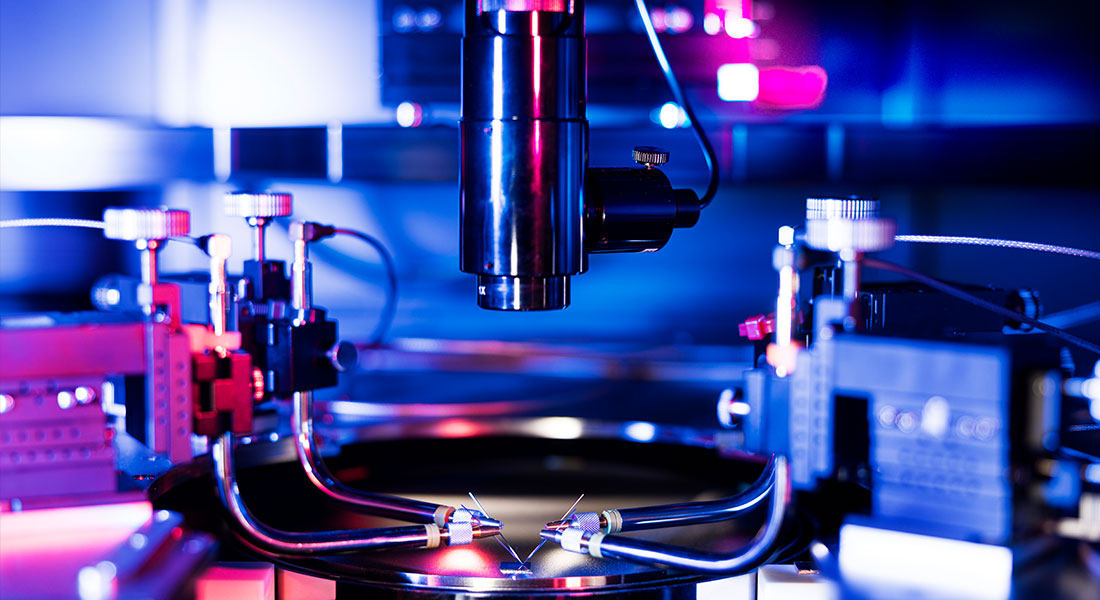Spin Qubits: Characterization and Integration of Low-noise Building Blocks

Master Project Description
At NQCP, we aim at developing quantum technology that can enable solving life-science relevant problems.
Practical quantum computing will require millions of interacting and high-quality quantum bits (qubits). However, fluctuations in the environment (noise) can spoil the quantum information in a process known as decoherence. In semiconductor spin qubits, decoherence have multiple origins and limit the dephasing times to the microsecond scale.
In this experimental project, the goal is to identify, characterize and quantify the noise sources at the quantum material level (dielectric, etc.) and to develop strategies that mitigate their disturbance.
The candidate will be able to work and gain independence at the melting point intersection of three teams, receiving support from the spin qubit team and the characterization team, in synergy with the nanofabrication team at NQCP.
In the first phase of the project, the candidate will systematically investigate and analyze the properties of high-quality dielectric materials, crucial layers for controlling spin qubit arrays.
In the second phase, the candidate will use these inputs to design in python a multi-qubit spin chip and ultimately be able to characterize the functionality of the design building blocks.
This project serves to lay the foundation for the development of highly uniform and low-noise semiconductor qubits.
Benefits for the Future Quantum Scientist
- Hands-on experience with cutting-edge measurement techniques relevant to quantum devices
- Learn how to characterize gate-stack materials for semiconductor quantum computers.
- Understand how quantum dot spin qubits work under various conditions.
- Develop skills in measuring, automating the setup and analyzing data.
Expected Qualifications:
We are seeking master's students with strong interpersonal and communication skills who are passionate about quantum computing, solid-state materials, data analysis, automation, electronics, or related characterization techniques. Candidates should be pursuing a degree in Physics, Nanoscience, Quantum Information Science, or a related field. Knowledge of the coding language Python is required.
We highly encourage applications from underrepresented groups.
Contacts:
Francesco Borsoi, Assistant Professor, francesco.borsoi@nbi.ku.dk – Spin Qubits Team
Asbjørn C. Drachmann, Scientific Technician, asbjorn.drachmann@nbi.ku.dk - Team Characterization
Gitte Michelsen, Student Coordinator, gittem@nbi.ku.dk
How to Apply:
Please apply by email to Francesco Borsoi and Asbjørn C. Drachmann. Your application must include:
- CV
- Application letter
- Transcript
